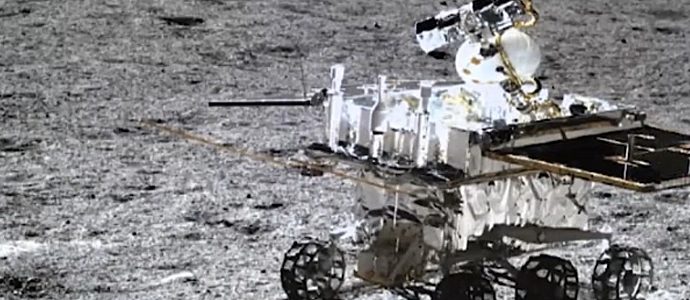Greetings from the Far Side: Chang’e 4 Starts Farming on the Moon, Sends Back Pictures
Since its historical landing on January 3, the Chang’e 4 lunar lander has continued to rack up a string of firsts for spaceflight history, including taking new pictures of the Moon’s never-before photographed far side, surviving through the long, cold lunar night, and sprouting the first known plant to beread more
